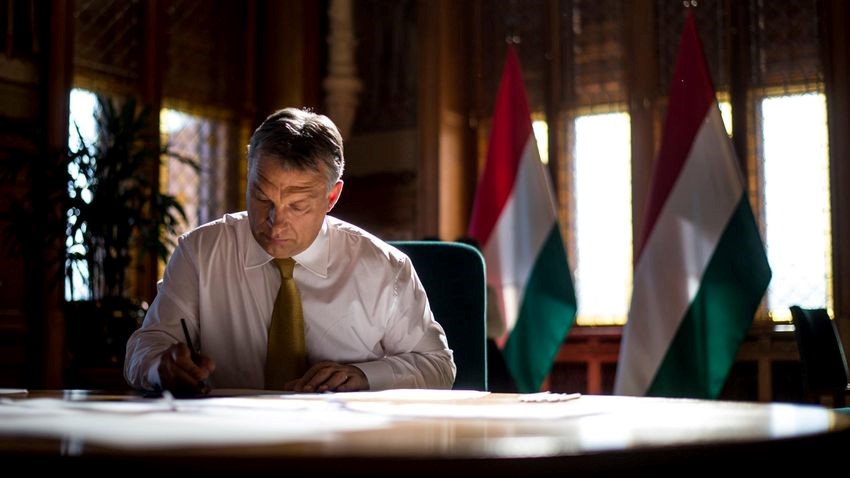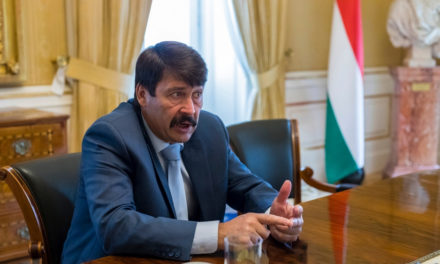The European Court of Justice has always been an important part of the complex machinery of the European Union. Today, the court's ambitions have grown further. It has designated itself as the flagship of European federation efforts. This is clear from the statements of the President of the European Court of Justice regarding the judgment expected on February 16, which the panel will deliver in the proceedings initiated by Poland and Hungary. The declarations of the president of the court will be important documents in the history of the European Union. - says the Prime Minister in his latest samizdat.
Viktor Orbán's thoughts on this matter are presented below.
On February 16, the Court of Justice of the European Union will issue a ruling on whether it is possible to tie the financial resources belonging to member states to political and ideological conditions.
The Chief Justice's statements leave little doubt as to what decision is expected. According to the president of the court, Luxembourg judges should not decide on the case before them, but on the future of European integration. Elsewhere, he also made it clear that the ruling would serve as the basis for the next phase of integration.
From the judgment of February 16, we will therefore learn that the court considers a federal Europe to be desirable. This is not a big surprise. When the court saw the machinery of European integration stalling, it always pushed the EU towards a federal system: it consciously broadened its powers and undermined the bastions of member state sovereignty. These decisions are actually not legal, but political decisions, where the law is only a means of implementing the political will. The voice may be the voice of Jacob, but the hand is the hand of Esau.
This experience, however, raises a fundamental question. Who are the real masters of the future of European integration?
For the court, the goal of closer European integration precedes all other aspects and values. They believe that judges and courts can take the place of political decision-makers. They believe that they not only apply the law, but can also create and develop it. They think they can force member states to move to the next phase of integration. They believe that they can place the member states under the tutelage of the EU institutions in those areas where the Union has no powers. They believe that budget blackmail can be used for this purpose.
On the other hand, we believe that the masters of the future of European integration are the member states and the citizens of the member states. We are the source and ultimate custodian of our common European values. We believe that only the member states and their citizens can decide how they want to cooperate and what powers they want to exercise jointly. We believe that the court cannot deprive us of our basic rights. We believe that the court cannot create new EU powers out of thin air.
In this struggle, we are at a disadvantage. EU law does not give us a tool that we can use against the political decisions of the court and the stealthy extension of powers. Therefore, member states must act together to protect their rights.
The member states should not accept that the European Court of Justice makes political decisions instead of the peoples and governments of the member states. This is not only a matter for Poland and Hungary, it is a common matter for all European citizens and member states. Alarm clock!
Source: miniszterelnok.hu












